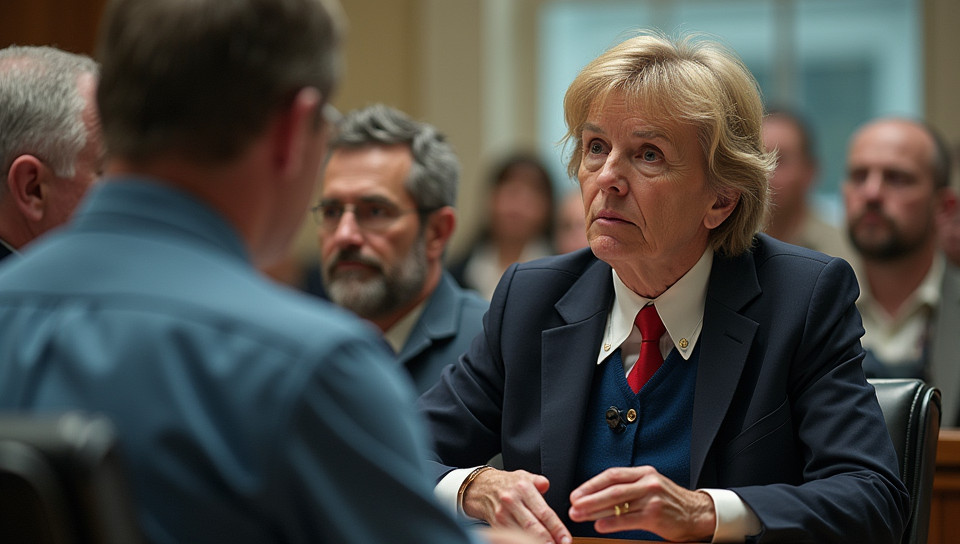Misinformation can have serious consequences for public discourse 56%

The Dark Side of Information: How Misinformation Affects Public Discourse
In today's digital age, information is just a click away. We're constantly exposed to news, opinions, and perspectives from around the world. However, with this ease of access comes a significant risk: misinformation. It's estimated that up to 75% of Americans believe false or misleading information has become more common over the past five years.
The Spread of Misinformation
Misinformation can take many forms, from fake news articles and social media posts to manipulated photos and videos. It often spreads quickly through online platforms, where it can be amplified by bots, trolls, and even well-meaning but misinformed individuals.
- Fake news articles
- Social media posts with false information
- Manipulated photos and videos
- Conspiracy theories
The Consequences of Misinformation
When misinformation becomes widespread, it can have serious consequences for public discourse. It can erode trust in institutions, fuel polarization, and even lead to violence. In the United States, for example, conspiracy theories about vaccines have led to decreased vaccination rates and outbreaks of preventable diseases.
The Role of Social Media
Social media platforms play a significant role in the spread of misinformation. While they provide a valuable service by connecting people around the world, they also create an environment where false information can thrive. Algorithm-driven feeds often prioritize sensational or provocative content, which can be more engaging than accurate and informative reporting.
The Importance of Media Literacy
So what can we do to combat the spread of misinformation? One key step is to promote media literacy. This involves teaching people how to critically evaluate sources, identify biases, and recognize the signs of manipulated information. By empowering individuals with these skills, we can create a more informed and discerning public discourse.
Conclusion
Misinformation has serious consequences for public discourse, from eroding trust in institutions to fueling polarization and violence. As social media continues to shape our information landscape, it's essential that we prioritize media literacy and take steps to promote accurate and informative reporting. By doing so, we can create a more informed and engaged citizenry, one that is better equipped to navigate the complexities of modern life.
- Created by: Samuel Jiménez
- Created at: Sept. 14, 2024, 11:43 p.m.
- ID: 9595







